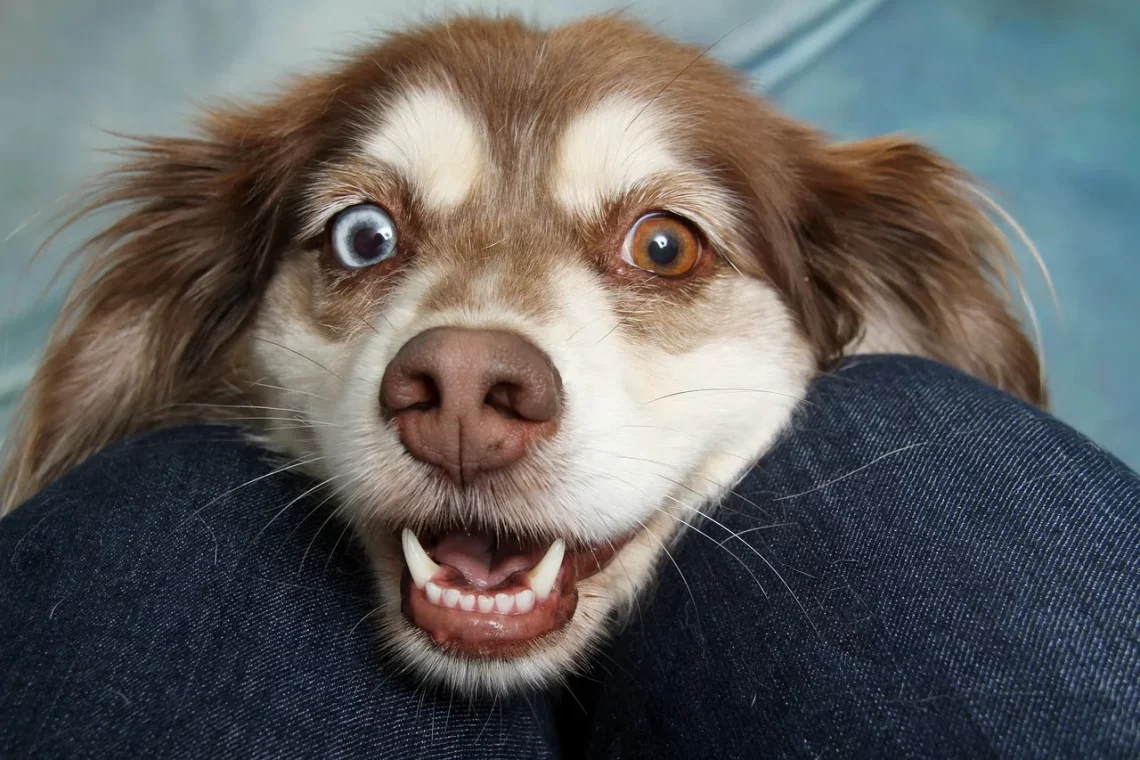
The Ultimate Guide to Caring for Your White Maltipoo
Caring for a white Maltipoo can be a rewarding experience that brings joy and companionship into your life. This delightful breed, a mix between a Maltese and a Poodle, is known for its lively personality and affectionate nature. With its soft, fluffy coat and cute, expressive face, it’s no wonder that Maltipoos have become a popular choice for families and individuals alike. However, owning a Maltipoo requires commitment and understanding to ensure that these charming little dogs thrive in their home environment.
As a small breed, Maltipoos are particularly sensitive to their surroundings and require specialized care to cater to their unique needs. From grooming to training, diet to health considerations, there are various aspects of Maltipoo care that every owner should be familiar with. Understanding these components can help you provide the best possible life for your furry friend, fostering a strong bond built on trust and love. Whether you are a first-time dog owner or an experienced pet parent, knowing how to care for your white Maltipoo will ensure that it leads a happy, healthy life.
Essential Grooming Tips for Your Maltipoo
Grooming is one of the most critical aspects of caring for your Maltipoo, especially given their beautiful, curly coat that requires regular maintenance. A well-groomed Maltipoo not only looks great but also feels more comfortable and healthy. Regular grooming helps to prevent matting, reduces shedding, and allows you to check for any skin issues or parasites.
Firstly, establish a grooming routine that includes brushing your Maltipoo’s coat at least two to three times a week. Use a high-quality slicker brush or a comb designed for dogs with curly hair to gently detangle any knots. Pay extra attention to areas prone to matting, such as behind the ears, under the legs, and around the tail. If you encounter any tangles, be patient and work them out carefully to avoid pulling your dog’s hair.
Bathing is another crucial aspect of grooming. Maltipoos should be bathed every four to six weeks to keep their coat clean and soft. Use a mild dog shampoo to avoid irritating their skin. After bathing, make sure to thoroughly dry their coat, as dampness can lead to skin infections. Tools like a hairdryer set on low can help, but be cautious to avoid overheating your pet.
Regular nail trimming is also essential for your Maltipoo’s health. Long nails can cause pain and mobility issues, so make it a habit to trim their nails every couple of weeks. If you’re unsure how to do this safely, consider seeking help from a professional groomer or veterinarian.
Additionally, dental care is vital for your Maltipoo. Small breeds are particularly prone to dental issues, so it’s important to brush their teeth regularly and provide dental chews to maintain oral health. Regular vet check-ups can help catch any potential dental problems early on.
By incorporating these grooming practices into your routine, you can ensure that your white Maltipoo remains healthy and looking its best.
Nutritional Needs for a Happy and Healthy Maltipoo
Nutrition plays a fundamental role in the overall well-being of your Maltipoo. A balanced diet tailored to their specific needs will help maintain their energy levels, promote a shiny coat, and support their immune system. Given their small size and unique metabolism, it’s crucial to choose the right type of food for your furry friend.
Start by selecting high-quality dog food that is appropriate for small breeds. Look for options that list meat as the first ingredient and contain a good balance of protein, fats, and carbohydrates. Avoid foods that are loaded with fillers like corn and soy, as these can lead to obesity and other health issues.
Portion control is equally important. Maltipoos can easily gain weight if overfed, so be mindful of the serving sizes recommended on the dog food packaging. It’s also a good idea to divide their daily food intake into two or three meals to prevent bloating, which small breeds are more susceptible to.
Don’t forget to incorporate treats into their diet, but do so sparingly. Opt for healthy, low-calorie treats and consider using them as rewards during training sessions. This will reinforce good behavior without contributing to excessive weight gain.
Hydration is another essential aspect of your Maltipoo’s nutrition. Always ensure that your dog has access to fresh, clean water. Dehydration can lead to serious health problems, so keep an eye on their water intake, especially during warmer months or after exercise.
If you’re ever unsure about your Maltipoo’s nutritional needs or if you’re considering a dietary change, consulting with your veterinarian can provide valuable guidance tailored to your dog’s specific health and lifestyle requirements.
Training and Socialization for Your Maltipoo
Training and socialization are crucial components of raising a well-adjusted Maltipoo. These intelligent dogs thrive on mental stimulation and companionship, making training an enjoyable experience for both you and your pet. Starting training early is essential to instill good behavior and prevent potential issues down the line.
Begin with basic commands such as sit, stay, and come. Use positive reinforcement techniques like treats, praise, and playtime to encourage your Maltipoo. Consistency is key—make sure everyone in your household uses the same commands and training methods to avoid confusion.
Socialization is equally important for Maltipoos. Exposing your dog to various environments, people, and other animals will help them develop confidence and reduce anxiety or fearfulness. Arrange playdates with other friendly dogs, take your Maltipoo to puppy classes, or visit dog parks to provide ample opportunities for social interaction.
As small dogs, Maltipoos can sometimes exhibit small dog syndrome, where they may become overly protective or aggressive due to their size. Consistent training and socialization can help mitigate these tendencies, ensuring that your Maltipoo remains friendly and well-behaved.
In addition to basic obedience training, consider teaching your Maltipoo fun tricks or engaging them in interactive games. This not only strengthens your bond but also keeps their minds sharp and engaged.
Remember that patience is vital throughout the training process. Every dog learns at their own pace, so celebrate small achievements and remain positive. With dedication and love, you’ll help your white Maltipoo become a well-mannered member of your family.
Health Considerations for Your White Maltipoo
Like all breeds, Maltipoos are prone to certain health issues that every owner should be aware of. Regular veterinary check-ups are essential to monitor your dog’s health and catch any potential problems early.
One common issue in Maltipoos is dental disease, which can lead to more serious health complications if left untreated. Regular dental care, including professional cleanings, is crucial to maintain oral health.
Additionally, Maltipoos can be susceptible to hip dysplasia, patellar luxation, and certain eye conditions. Keeping your dog at a healthy weight through a balanced diet and regular exercise can help mitigate some of these risks.
Pay attention to any changes in behavior, appetite, or energy levels. If you notice anything unusual, consult your veterinarian promptly. Early intervention can significantly improve outcomes for many health issues.
Preventive care, such as vaccinations and parasite control, should also be a priority. Keeping your Maltipoo up to date on vaccinations will protect them from various infectious diseases. Regular flea and tick prevention is essential, especially if you live in an area where these pests are prevalent.
Lastly, consider pet insurance as a safety net for unexpected veterinary costs. This can ease the financial burden associated with medical emergencies and ensure that your Maltipoo receives the best possible care when needed.
By being proactive about your Maltipoo’s health, you can help ensure a long, happy life filled with love and companionship.
**Disclaimer:** This article is for informational purposes only and should not be considered medical advice. Always consult your veterinarian for any health concerns or questions regarding your pet’s well-being.




